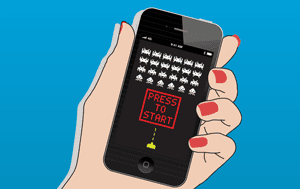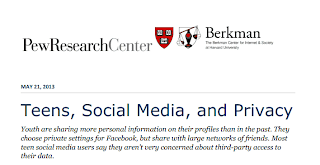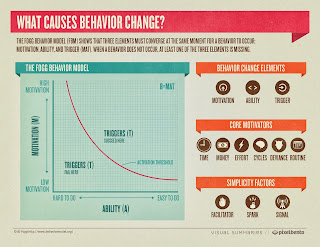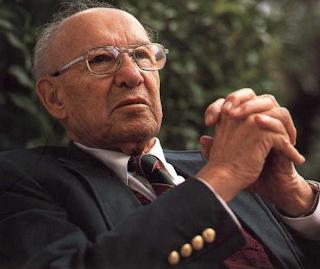If data is…. My transaction data. Data from any, all and every transaction – spending, investment, bills, gifts, selling and free – www.mint.com Environment Data. Where you are, what your environment is like, wind speed, temperature, gas usage, petrol consumption – everything. www.efergy.com , www.theowl.com www.eco-eye.com www.diykyoto.com : Quantified self . Sensor Data from Google Glass , Nike+ sportwatch , Zeo sleep manage , Omron blood pressure monitor , Accu-Check blood glucose meter , Fitbit Flex wristband , Sportline heart rate monitor , MoodScope log and 1,000’s of sport apps on your smartphone. Should the data be in silo or under my control or both? Routes and Routine data. All your geo data www.waze.com , https://foursquare.com Content Data. All data about how you create, use, consume, generate, recommend, share, about you, generate for any and all types of media and content – too many to mention Medical data. You and your





















